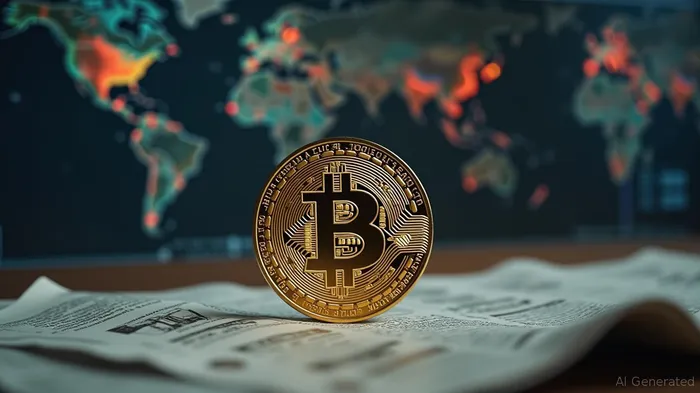Bitcoin's Future Uncertain as Governments Eye Encryption Control
Bitcoin's journey to mainstream acceptance has been marked by significant milestones, including the endorsement of the sitting US President and the support of major Wall Street operators. The US strategic reserve's inclusion of Bitcoin further solidifies its importance, drawing parallels with gold. However, the fight for Bitcoin's existence may not be over yet, as historical precedents suggest that governments have shown interest in monitoring crypto and personal data.
Thirty years ago, activists rallied against a Senate bill that sought to make encryption tools illegal. Introduced by Senator Chuck Grassley, the "Anti-Electronic Racketeering Act" aimed to ensure the government could decrypt all encrypted communications. The bill proposed a government-backed hardware encryption system known as the Clipper Chip, which used a classified encryption algorithm called Skipjack. This system would have required two US government agencies to keep copies of all encryption keys related to Skipjack in escrow.
Grassley's bill went further by criminalizing the use of computers to facilitate racketeering through encryption. It mandated a "universal decoding device" for any encryption method, which would need to be shared with the Justice Department. This meant that the only legal forms of encryption were those that could be easily decrypted by the US government. The bill also made it a crime to distribute encryption software without a backdoor over any network accessible to foreign nationals, including the internet.
US authorities considered prosecuting Phil Zimmermann, the creator of Pretty Good Privacy (PGP), one of the first-ever encryption tools available to the public. PGP's source code had been uploaded online and printed in book form to sidestep US export restrictions. Despite years of probes, no charges were ever brought against Zimmermann. Grassley's bill ultimately failed due to widespread denouncements from tech professionals, scholars, and activist groups.
Bitcoin's existence hinges on the absence of a government backdoor to everyone's private keys. While the conversation around encryption has evolved since 1995, and so has Bitcoin over the past five years, the strategic and economic importance of Bitcoin to powerful governments raises questions about potential government intervention. Although Bitcoin may be impervious to such influence, it is unlikely that it will go without saying, as was the case with Grassley's bill.

Quickly understand the history and background of various well-known coins
Latest Articles
Stay ahead of the market.
Get curated U.S. market news, insights and key dates delivered to your inbox.



Comments
No comments yet